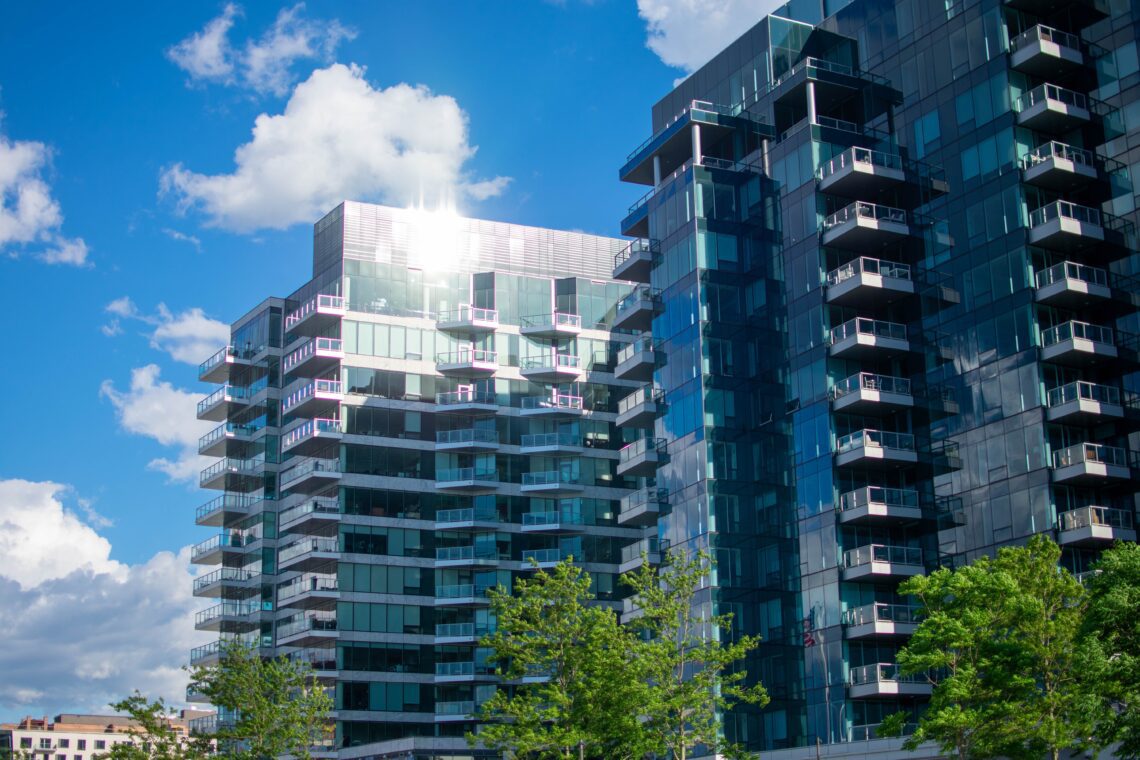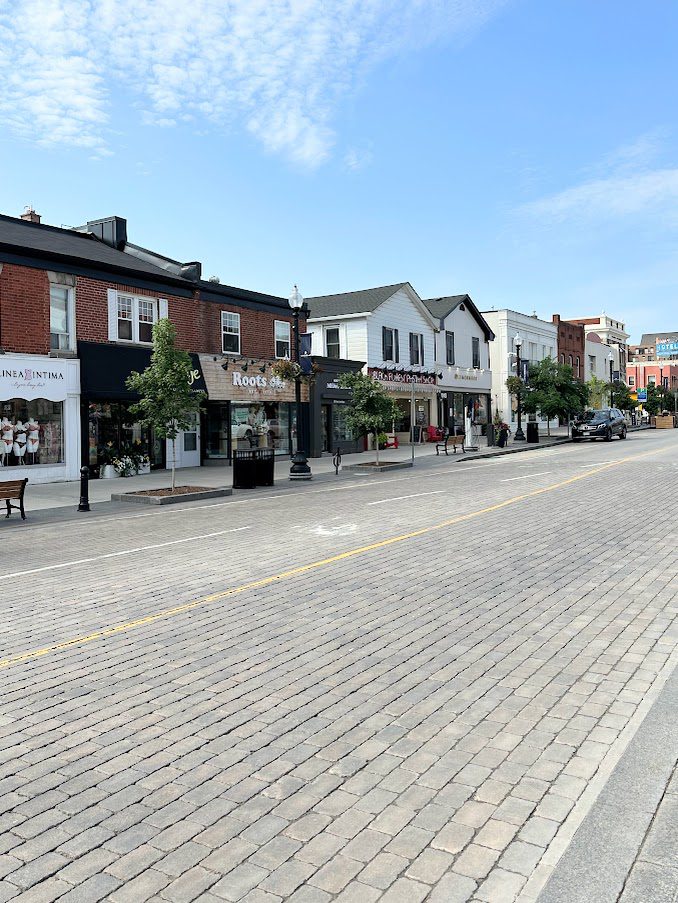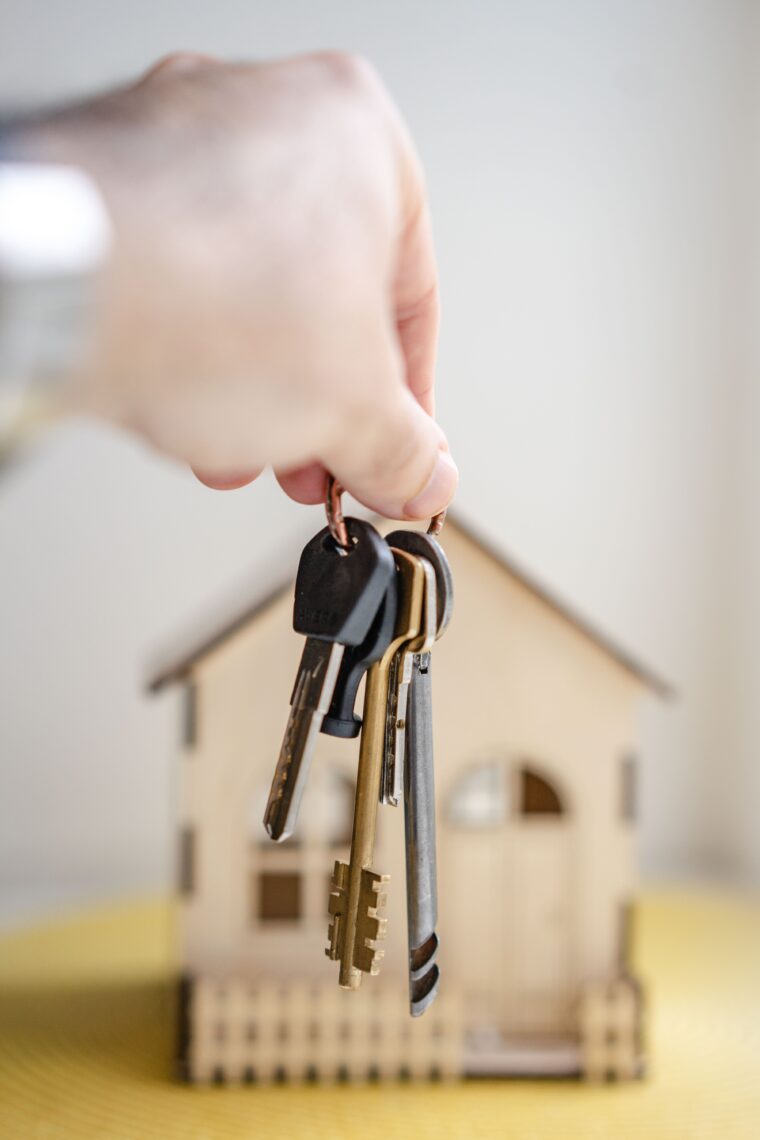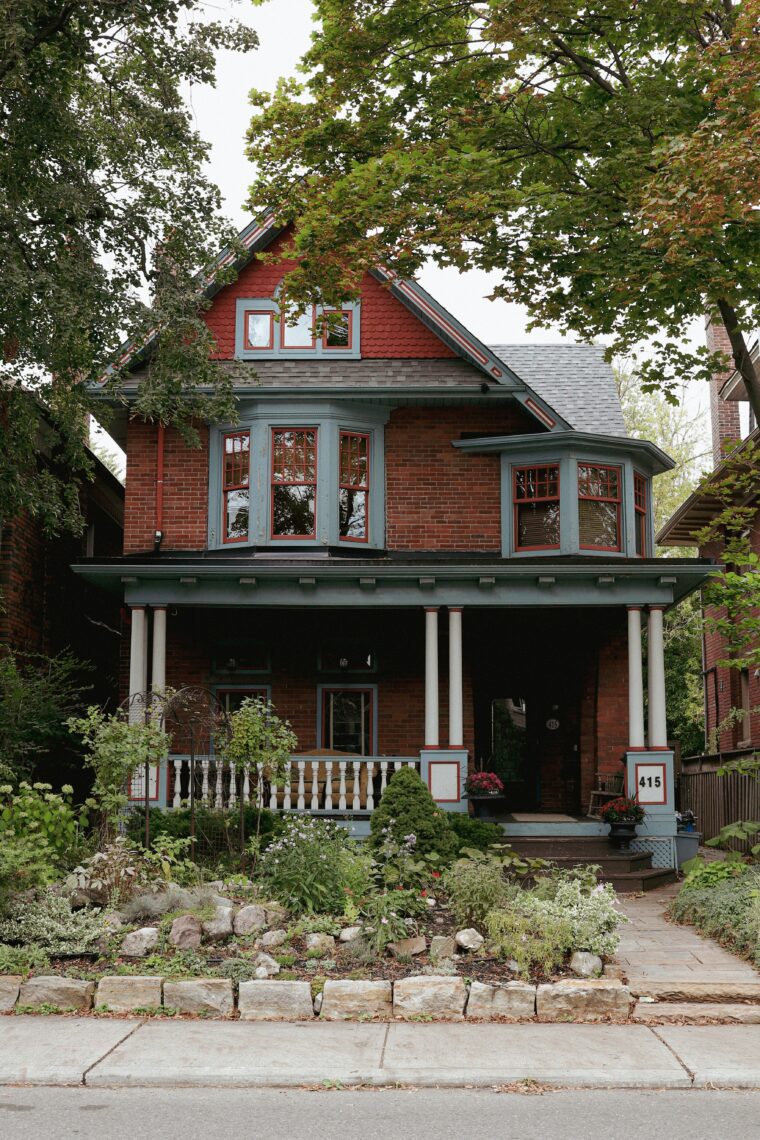03.10.2022 | Buying
What you need to know about closing on your Preconstruction Condominium

Congratulations! Closing on your preconstruction condo is approaching. This is an exciting time and we’re sure you have many questions on what the process will entail over the next little while. We have broken down the steps for you and answered the most frequently asked questions here.
Key topics we will cover off in this post include:
- Occupancy and Closing
- Mortgage Timing and Closing Costs
- Tarion Warranty and Inspections
- Condominium Assignments
Let’s dive right in. And if you have any further questions that we haven’t captured here, please reach out to us and we’d be happy to discuss your particular situation further.
Occupancy and Closing
What’s the difference between occupancy and closing?
Occupancy date is when your condo is ready for move-in, however the unit is not yet registered in your name. Developers must meet specific requirements before a condominium is formed and registered. You may occupy your condo while waiting for the builder to complete this process, even though you don’t technically own it. Once the building is registered, you will legally close on your unit, as title can transfer into your name at this time.
Occupancy Date
- Known as the “interim occupancy” period, you receive your keys and can move in.
- You will be responsible for an interim occupancy fee where you pay the ownership costs of the unit directly to the developer. More of fees later in this post.
- The warranty coverage on your condo begins.
Closing Date
- You receive legal title to your condo and the “interim occupancy” period comes to an end.
- You will place a mortgage on your property or pay the remainder of the purchase price.
- Interim occupancy fees stop at this point and you pay your ownership costs directly.
How does the timing of occupancy and closing work?
Buyers can’t close on the sale of their condo until at least 50% of the units are occupied. If you are one of the first to move in, your interim occupancy period will be longer. Those moving into lower floors will gain occupancy first, as a general rule of thumb. Pre-pandemic, the developer had approximately 18 months from occupancy to complete closing, however currently the closing generally occurs within 6-12 months.
How are interim occupancy fees calculated during occupancy?
Interim occupancy fees include property tax, standard expense fees, and interest on the unpaid balance of the purchase price at the prescribed rate. The fees paid to your builder at this time should only allow them to break even. According to the Condominium Act, they must pay any profits back to you. Developers can only profit once the building is registered and mortgages have commenced for all residents.
Can I rent out my unit during occupancy?
You may choose to rent out your unit during the occupancy phase but check your contract first, as there can be restrictions. Renting during this period may be complicated as the builder is still technically the owner of your condo, so you may need their permission to lease the unit.
How do I determine the best move-in date for occupancy if I lease my condo?
If the builder agrees for you to lease your unit, you’ll want to carefully choose the move-in date for your tenants, adding in a buffer of time for any unexpected delays. Once you sign a lease with a tenant, you are legally required to provide housing for that tenant, so give yourself a number of weeks to account for possible delays or work that needs to be completed. For example, if your occupancy date is set for May 16th, your tenant move-in date could be July 1st to allow for ample time in the event that delays arise.
Mortgage Timing and Closing Costs
When can I get my mortgage approval for closing?
The timing of your approval will depend on your bank and the terms they have provided. They will generally give you 90 days in advance to lock in your rates. Some lenders can provide you with extra months and you will generally receive the rate provided by the lending institution or the market rate at closing, whichever is lower.
What closing costs do I need to budget for?
While the amount will vary for each home buyer, closing costs generally account for 1-4% of your purchase price. Your contract should lay out the different costs that you can expect and you’ll find this in the schedule section. There are a number of closing costs you may be responsible for and they can be broken down into 2 subgroups as follows:
Standard Closing Costs
- Your remaining deposit
- Land transfer tax
- CMHC insurance premium (if putting down less than 20%)
- Legal fees
- Property appraisal
- Title insurance
Contract Specific Costs
- Tarion warranty fee
- HST (PRO TIP – check your contract closely! For owner occupied purchases and depending on your purchase price there may be a non-rebatable portion of HST. If the condo will be rented, you will have to pay the rebatable portion of your HST at closing and apply for the rebate yourself once tenants are in place)
- Builder levies
- City development charges
Tarion Warranty and Inspections
What is Tarion and what inspections should I be aware of for a preconstruction condo?
Tarion is the major provider of new home warranty protection in Canada. In Ontario it is the law that all new homes built come with a warranty provided by the builder. Tarion ensures that buyers of newly built homes receive the coverage they are entitled to under the builder’s warranty. In terms of new construction condo closings, there are 3 inspections periods that are worth diving into and understanding your important role as buyer:
- Pre-delivery Inspection – This is when you walk through the unit with the builder prior to occupancy and identify any deficiencies with the unit. This is also referred to as a PDI. Completing this inspection and noting anything that is damaged, incomplete, missing or not working properly is extremely important . Here is a link to a PDI Checklist that you will find helpful.
- 30 Day Inspection – At the 30-day mark, you should again go through the unit and look for any items you missed or are still outstanding. Important to note here is that the builder is rarely involved in the walk throughs past initial PDI visit. Ensure any outstanding items are listed on the 30-day form and submitted to your builder.
- 1 Year Inspection – At the 1-year point, you should again walk through the unit and document any further repair issues. Ensure that you submit the Year-end form prior to the 1-year mark as you cannot submit at a later date!
Click here for a PDI Checklist for New Homes
https://www.tarion.com/resources/publications/62/pre-delivery-inspection-checklist-new-homes
Condominium Assignments
What is a condo assignment?
With an assignment, you are selling your interest in the property prior to closing (ie. your contract with the builder) as you don’t technically own your condo yet. Think of it as selling a promise to purchase a property.
I’m thinking of assigning my condo unit. Can I do it right before closing?
The assignment process can be tricky, and developers may put time limits in place as you get closer to closing. If you are considering assigning your condo, be sure to get a professional Realtor who is well versed in assignments on your side and start early to detect any potential issues.
Navigating the closing of a pre-construction condo can seem daunting, but it doesn’t need to be. Working with an experienced real estate agent can help avoid surprises and ensure a smooth closing.





